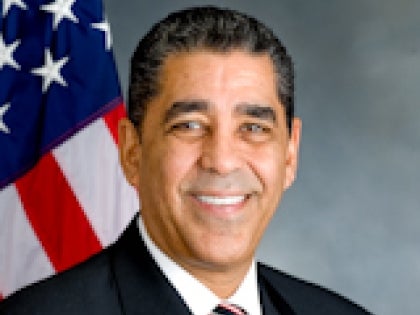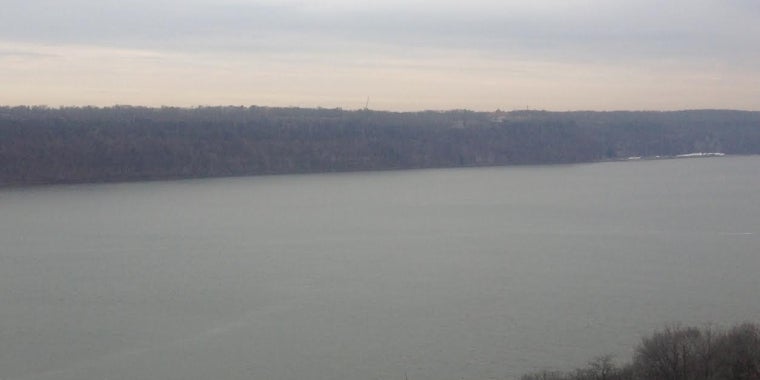
Wall Street Journal: Senator Espaillat and Riverkeeper Unveil New Report on Levels of Contamination in New Yorks Waters
Associated Press
CROTON-ON-HUDSON, N.Y. — Swimming in the Hudson River is unsafe 21 percent of the time because of pollution from sewage, according to a report issued Tuesday that sampled the water from New York City to Troy.
But the study, by the environmental group Riverkeeper, said most places are acceptably clean most of the time, and that illustrates progress.
"That would certainly not have been the case a few years ago," said Andrew Jule of Columbia University, one of two scientists who took part in the study.
The findings also show pollution levels varying widely, even on the same day and within a quarter-mile, which means contamination is "typically a local problem," the report said.
John Lipscomb, director of the project and captain of Riverkeeper's sampling boat, said at a news conference on a beach in Croton-on-Hudson that the variability is good news.
"If it was a universal problem, we'd have to solve it universally," he said. "As it is, we can work on it incrementally ... site by site, problem by problem."
Riverkeeper's president, Paul Gallay, said the 48-page report was titled "How is the Water?" because that's the question Riverkeeper is asked most often.
He urged federal, state and local governments to fund more testing and invest in infrastructure including state-of-the-art treatment plants. He also called for right-to-know laws to inform the public about pollution and for stricter enforcement of clean-water laws already on the books.
In an apparent allusion to tea party Republicans pushing for spending cutbacks, he said, "To make tea, you need clean water."
The Riverkeeper report is based on monthly samples taken from 2006 to 2010 that were tested for bacteria linked to sewage. The samples came from 75 sites along the 155-mile river.
The Hudson has only four designated swimming beaches — and the samples taken there were generally clean — but there are more than 100 other places where people go into the water "unofficially," the group said.
The report complains that residents are rarely informed about pollution in the river. State Sen. Adriano Espaillat of Manhattan said he plans to hold hearings in Albany with a goal of establishing a mandatory notification system.
Click here to view the full article at the Wall Street Journal


